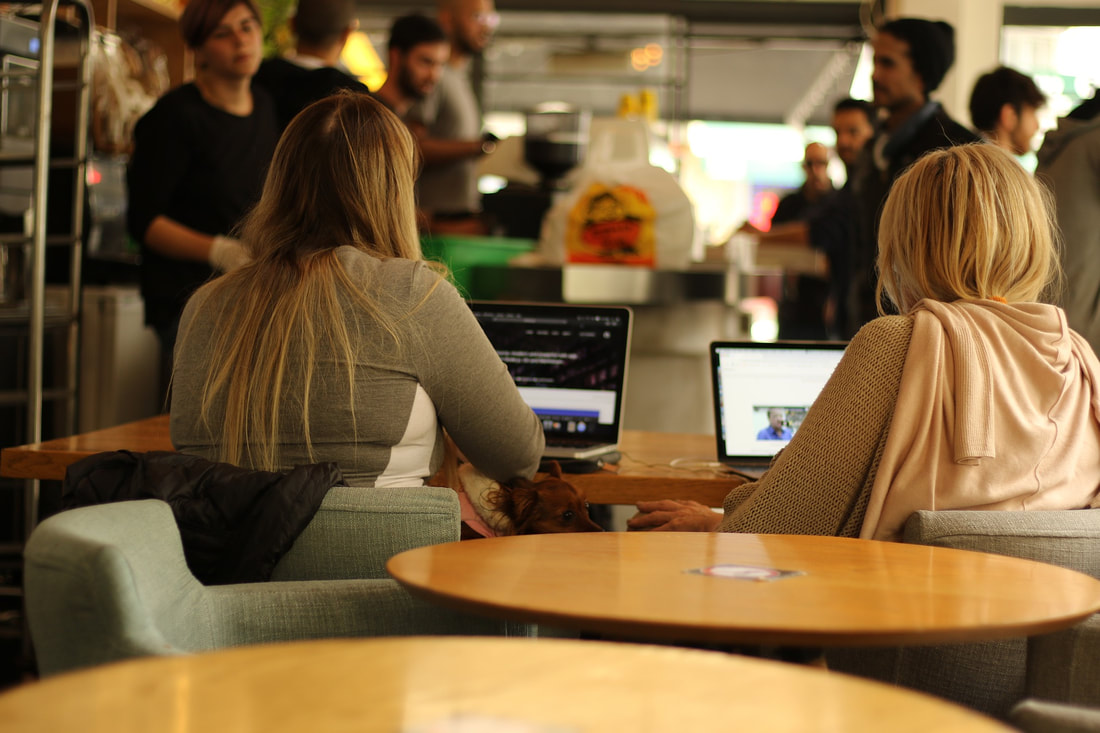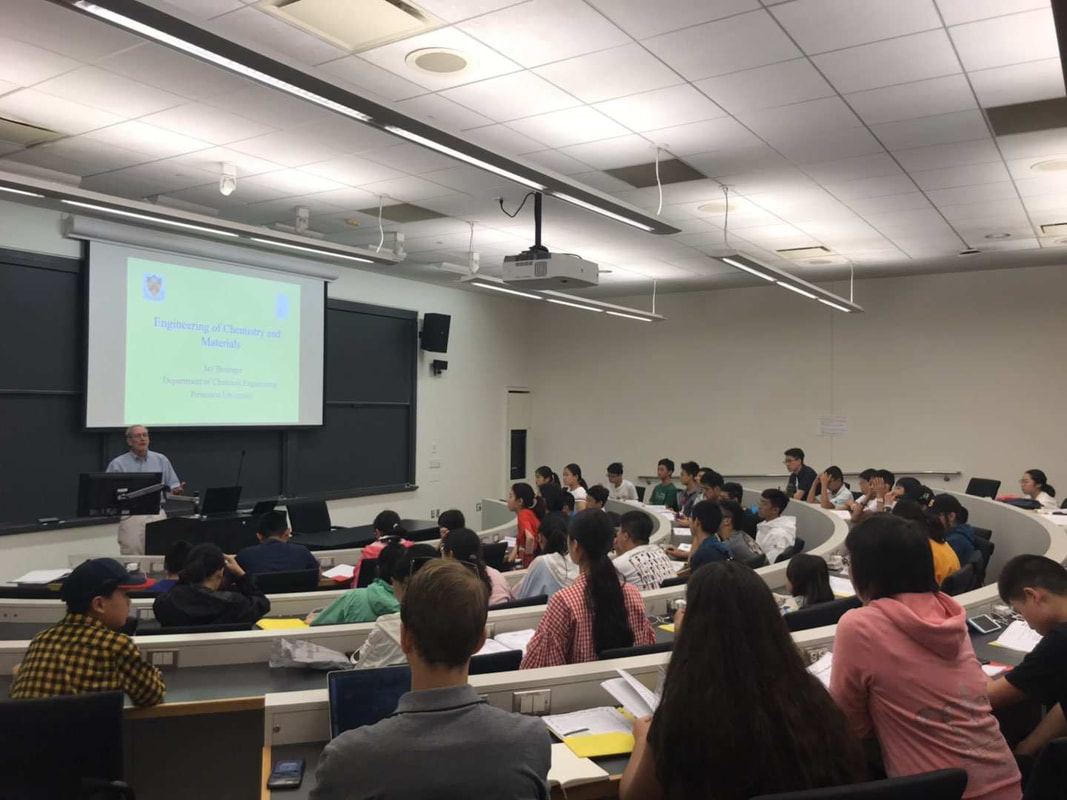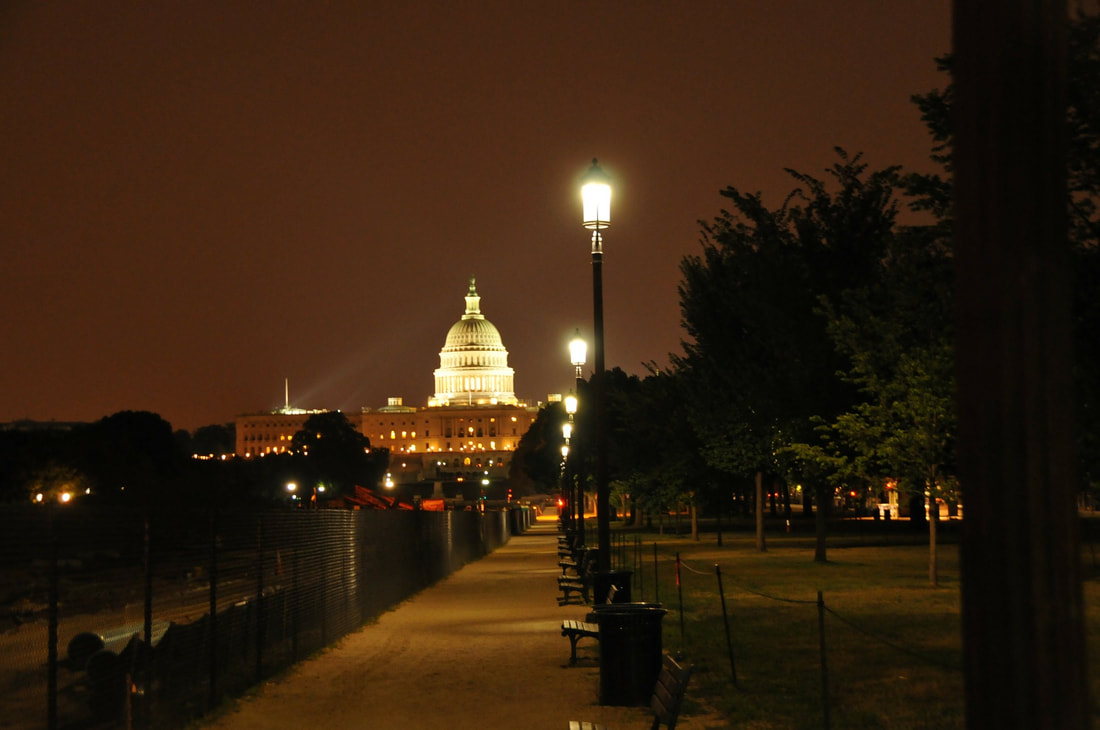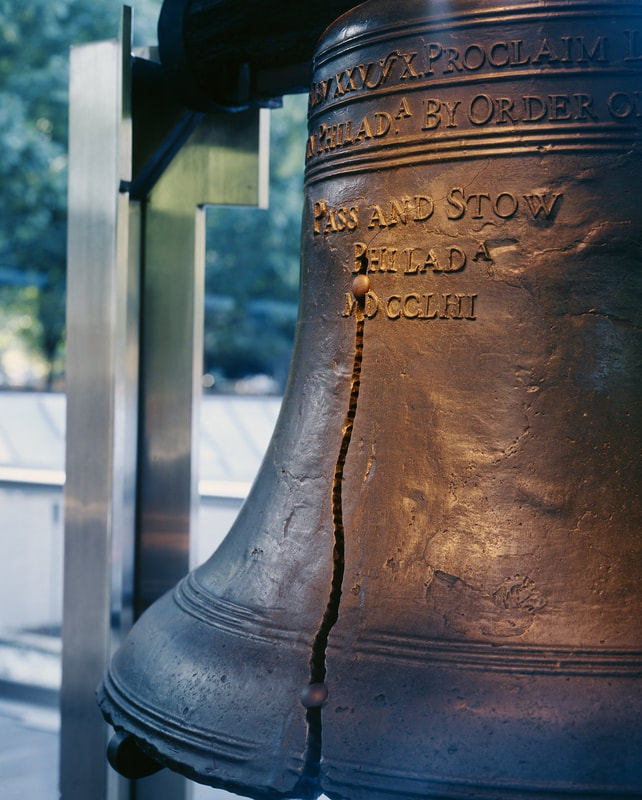Learn Skills That Will Shape the Future of Global Politics!
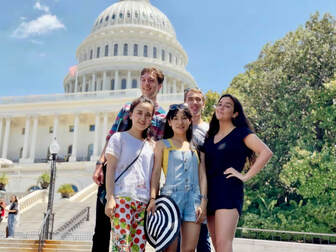
America’s 2020 presidential election will likely go down as one of the most crucial in American history. Trump was viewed by many as a wildcard non-traditional candidate upon his election in 2016 - will the nation decide to stay with him or seek alternative leadership? What will this mean for the future of international relations, and the futures of generations to come?
In this two-week, three-city program, US students will have the opportunity to learn alongside visiting students from China. The goals of this program are to educate current high school students on leadership skills and global political literacy, as well as to facilitate dialogues between American and Chinese students on the current and future status of US-Sino relations.
In this two-week, three-city program, US students will have the opportunity to learn alongside visiting students from China. The goals of this program are to educate current high school students on leadership skills and global political literacy, as well as to facilitate dialogues between American and Chinese students on the current and future status of US-Sino relations.
An Engaging Two Weeks
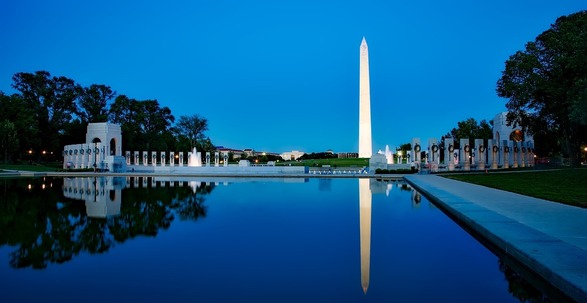
The first week of the program takes place in Boston area, where residential students will stay at university dorms and participate in lessons taught by faculty at top schools in the Boston area. Students will also participate in mock elections, speech and debate, and excursions around the Boston area. At the end of the first week, students will have an opportunity to view democracy in action by shadowing presidential candidate canvassers in New Hampshire.
From there, the group travels to Washington DC, the capital of the United States. After a historical stop in Philadelphia, the group will see democracy in action through visits to the Supreme Court and Capitol Hill, further understand the US-China conflict through visits to the Chinese Embassy and NGOs, as well as meet directly with a US politician. They will also tour famous DC monuments, and visit Smithsonian museums. At the end of the program, international students will depart from DC and American students will return to Boston.
From there, the group travels to Washington DC, the capital of the United States. After a historical stop in Philadelphia, the group will see democracy in action through visits to the Supreme Court and Capitol Hill, further understand the US-China conflict through visits to the Chinese Embassy and NGOs, as well as meet directly with a US politician. They will also tour famous DC monuments, and visit Smithsonian museums. At the end of the program, international students will depart from DC and American students will return to Boston.
Core CurriculumThe first week of the program is lesson-plan heavy, and features lectures and workshops that probe elements of leadership through studies of US-China relations, trade policy, standards of US and Chinese governments, and the upcoming 2020 US election. The core competencies of our curriculum design focus on policy analysis, negotiation, and strategy.
This program is ideal for students interested in political science and international relations, and will give them the leadership skills to compete in environments even beyond the program’s scope of study. American students enjoy fulfilling both participant roles, as well as ambassadorial roles to the visiting Chinese students, furthering Boston Roundtable’s mission of “promoting education on an international scale.” From there, the group will travel to Washington DC, the capital of the United States. After a historical stop in Philadelphia, the group will see democracy in action through visits to the Supreme Court and Capitol Hill, further understand the US-China conflict through visits to the Chinese Embassy and NGOs, as well as have an opportunity to meet directly with a US politician. They will also tour the famous DC monuments, and visit Smithsonian museums. At the end of the program, international students will depart from DC and American students will return to Boston.
This program is ideal for students interested in political science and international relations, and will give them the leadership skills to compete in environments even beyond the program’s scope of study. American students enjoy fulfilling dual roles as both participants, as well as ambassadors to the visiting Chinese students, furthering Boston Roundtable’s mission of “promoting education on an international scale.”
Frequently Asked QuestionsWhy run this program?
Since our shift towards cross-cultural learning programs in the summer of 2019, Boston Roundtable has recognized a need to strengthen interpersonal connection between our US student base and our Chinese student base. We view the upcoming election as a crucial opportunity for students of both backgrounds to learn together and forge relationships that will stay strong and meaningful, regardless of the outcome of the election. What is the expected number of students?
Our target is 25 American students and 25 Chinese students Where do you source your international students from?
The Chinese students are sourced from various education organizations primarily in the Beijing and Shanghai area. Boston Roundtable has worked with this demographic for years in our various other travel programs. Will all the scheduled politicians really appear?
The job of a US politician is hectic and prone to abrupt schedule changes, which is why we use the language “scheduled to appear.” Boston Roundtable exerts every effort to accommodate politician schedules and anticipate possible last minute changes. All politicians are scheduled with a primary date, as well as multiple “rain check” dates in case they are unexpectedly called into a situation that requires them to cancel their appearance. Do you offer enrollment discounts?
At this time, we do not offer discounts, however we do offer various enrollment packages to alleviate costs. American students local to Tufts University area may choose to participate as day students during the week, then join the boarding students during the Washington DC portion of the program. We also offer a “Week One Only” package, although we encourage students to participate in the full program. How do you avoid inciting political bias during the program?
A central focus of our curriculum planning is how to avoid inciting bias for or against a political party. All curriculum content is formulated in an inquisitive, nonpartisan method, and backed up through a spectrum of reputable sources. Educators are trained to avoid “opinion statements,” During the Massachusetts portion of the program, students meet a democratic politician, a republican politician, and an independent politician. The purpose of the meeting is strictly to understand different roles in state government and their campaigning processes. Politicians are instructed not to persuade students of any political stances, but rather keep the conversation centered on the different aspects of their role. Massachusetts is generally categorized as a “deep blue” state, meaning it largely tends to vote for democrat candidates. In the 2016 election, it was one of only two states where every county voted for democratic nominee Hillary Clinton. In its state senate, 34 of the 40 elected officials are democrats. Despite this, Boston Roundtable makes an effort to introduce students candidates of differing parties and sources Republican politicians in addition to Democratic ones, as well as third-party candidates such as libertarian and green party. So why is your curriculum around the 2020 election so centered on democrats?
Our curriculum regarding the 2020 presidential election focuses on the campaign trails of the democratic candidates in the primary. This is because President Trump as an incumbent candidate does not have significant republican challengers and therefore runs a much more straightforward campaign (i.e. not needing to participate in debates until the general election). Should we run this program during an election year with an incumbent democratic president, we will focus our election campaign lessons on the republican primary. How does the canvassing day work?
On the first weekend of the program, students will have the opportunity to shadow canvassers for presidential candidates. The canvassing day is done in New Hampshire, which is generally considered a “swing state” (as opposed to Massachusetts as a deep blue state), which will give students the opportunity to hear a variety of voices, both from canvassers and voters. Students will also have an opportunity to meet with the branch director for the candidates’ office, and learn more about the grassroots campaigning process. During registration for this program, all participants and their families are given the choice of who they would like to shadow. They may follow both parties, or just one. Boston Roundtable also stresses the importance that the students are merely observing the canvassing process, and are not endorsing a political candidate by traveling with their canvassers. |
Itinerary
|
Participating Politicians
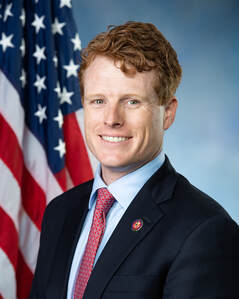
Joe Kennedy (D-MA) - US House of Representatives (MA Fourth District)
Joe Kennedy will meet the group during the Washington portion of the program. Kennedy is a former member of the Peace Corps, current member of the US House of Representatives and the grand-nephew of John F. Kennedy! In the house, he sits on the House Committee on Energy and Commerce. This year, Kennedy is running for Massachusetts US senate, and will host the first ever Spanish-only town halls in the history of the state.
Joe Kennedy will meet the group during the Washington portion of the program. Kennedy is a former member of the Peace Corps, current member of the US House of Representatives and the grand-nephew of John F. Kennedy! In the house, he sits on the House Committee on Energy and Commerce. This year, Kennedy is running for Massachusetts US senate, and will host the first ever Spanish-only town halls in the history of the state.
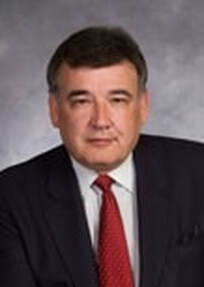
Marc Pacheco (D) - State Senator (1st Plymouth and Bristol)
As the body’s longest continuously-serving member, Senator Marc R. Pacheco has the honor of serving as Dean of the Massachusetts Senate. Senator Pacheco is the founding Chair of the Standing Senate Committee on Global Warming and Climate Change and Senate Chair of the Joint Committee on State Administration and Regulatory Oversight. He was selected by Al Gore in 2007 to become a Climate Leader to increase awareness around climate change and to encourage action to prevent its worst effects。
As the body’s longest continuously-serving member, Senator Marc R. Pacheco has the honor of serving as Dean of the Massachusetts Senate. Senator Pacheco is the founding Chair of the Standing Senate Committee on Global Warming and Climate Change and Senate Chair of the Joint Committee on State Administration and Regulatory Oversight. He was selected by Al Gore in 2007 to become a Climate Leader to increase awareness around climate change and to encourage action to prevent its worst effects。

Alex Morse (D) - Mayor of Holyoke, Massachusetts
Alex Morse is currently serving his fourth term as mayor of Holyoke, which he was initially elected to at the age of 22. This year, he announced a run for Congress in Massachusetts’ 1st Congressional district. Forbes magazine named Morse in their 2019 “30 Under 30” list for Law & Policy, citing his "initiatives include offering refuge to Puerto Ricans displaced by Hurricane Maria… and restoring the city's downtown.”
Alex Morse is currently serving his fourth term as mayor of Holyoke, which he was initially elected to at the age of 22. This year, he announced a run for Congress in Massachusetts’ 1st Congressional district. Forbes magazine named Morse in their 2019 “30 Under 30” list for Law & Policy, citing his "initiatives include offering refuge to Puerto Ricans displaced by Hurricane Maria… and restoring the city's downtown.”
More Politicians TBA!
Pricing and How to Apply
Applicants are accepted on a rolling basis. To apply, please click the button below. Note that you will be asked for the following.
Pricing is determined by application date and is distributed as follows:
- A Short Essay detailing how the Emerging Leaders program fits into their overall goals in 150-words or less.
- A Resume: Detailing any pertinent work or internship experience, academic awards or scholarships, and any other achievements not listed elsewhere in the application.
- A Professional Reference who can attest to the applicant’s work ethic and diligence. This person can be a teacher, job supervisor, or other relevant person.
- A Character Reference who can attest to the applicant’s disposition, emotional intelligence and compatibility. This person can be a family member or mentor figure.
- Guidance Counselor Contact Information
Pricing is determined by application date and is distributed as follows:
- Apply by 4/1: $4200
- Apply by 7/1: $4500

